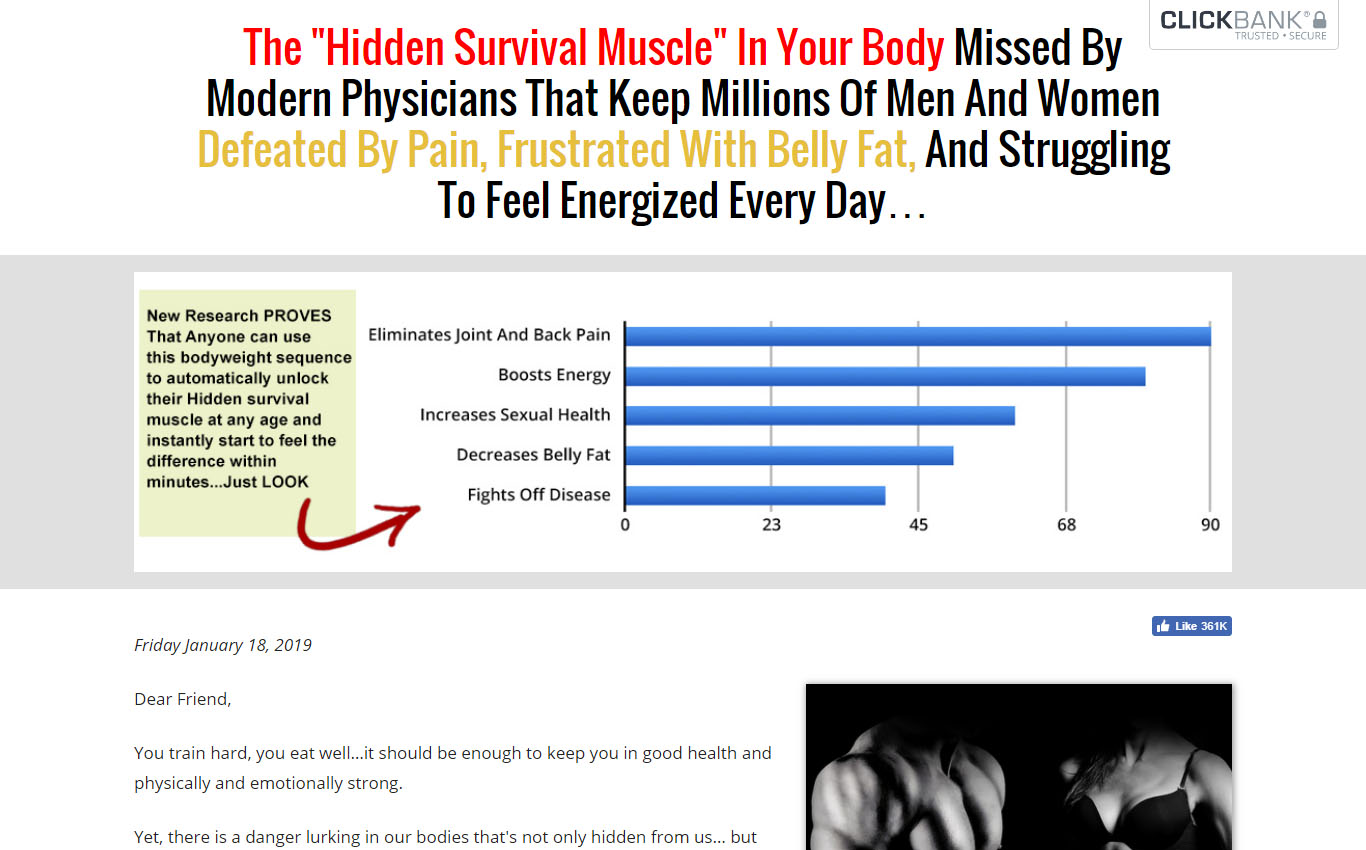John Wolf is Onnit's Chief Fitness Officer, and an expert in unconventional training methods such as kettlebell, steel club, and suspension training. With 15-plus years of experience in the fitness industry, he has worked with rehab clients and athletes of all levels. He moves like Spider Man and can deadlift more than 500 pounds any day of the week.
If you have hip pain, you may benefit from the skilled services of a physical therapist to help determine the cause of your pain. Your PT can work with you to develop a treatment strategy to treat your hip pain or hip discomfort. Understanding why your hip is hurting can help your physical therapist and doctor prescribe the right treatment regimen for your specific condition.
For example, your quadriceps muscles are a group of four that are located at the front of the thigh; one of the group members, the rectus femoris flexes the hip, which brings your lower extremity (thigh, lower leg, and foot) forward, in front of you. On the other hand, your hamstring muscles are located at the back of the thigh. When they contract, they extend the lower extremity, bringing it behind you.
Treatment options include physical therapy, back exercises, weight reduction, steroid injections (epidural steroids), nonsteroidal anti-inflammatory medications, rehabilitation and limited activity. All of these treatment options are aimed at relieving the inflammation in the back and irritation of nerve roots. Physicians usually recommend four to six weeks of conservative therapy before considering surgery.
To avoid hip flexor pain, you should pay more attention to these muscles, Dr. Siegrist explains. When you are seated, your knees are bent and your hip muscles are flexed and often tighten up or become shortened. “Because we spend so much of our time in a seated position with the hip flexed, the hip flexor has the potential to shorten up. Then, when you are in a hurry because you are running to catch a bus or a plane, or you trip and fall, the muscle could become stretched. Here’s this stiff, brittle muscle that all of a sudden gets extended, and you could set yourself up for strain or some hip flexor pain.” Click Here to Learn Unlock Hip Flexors

